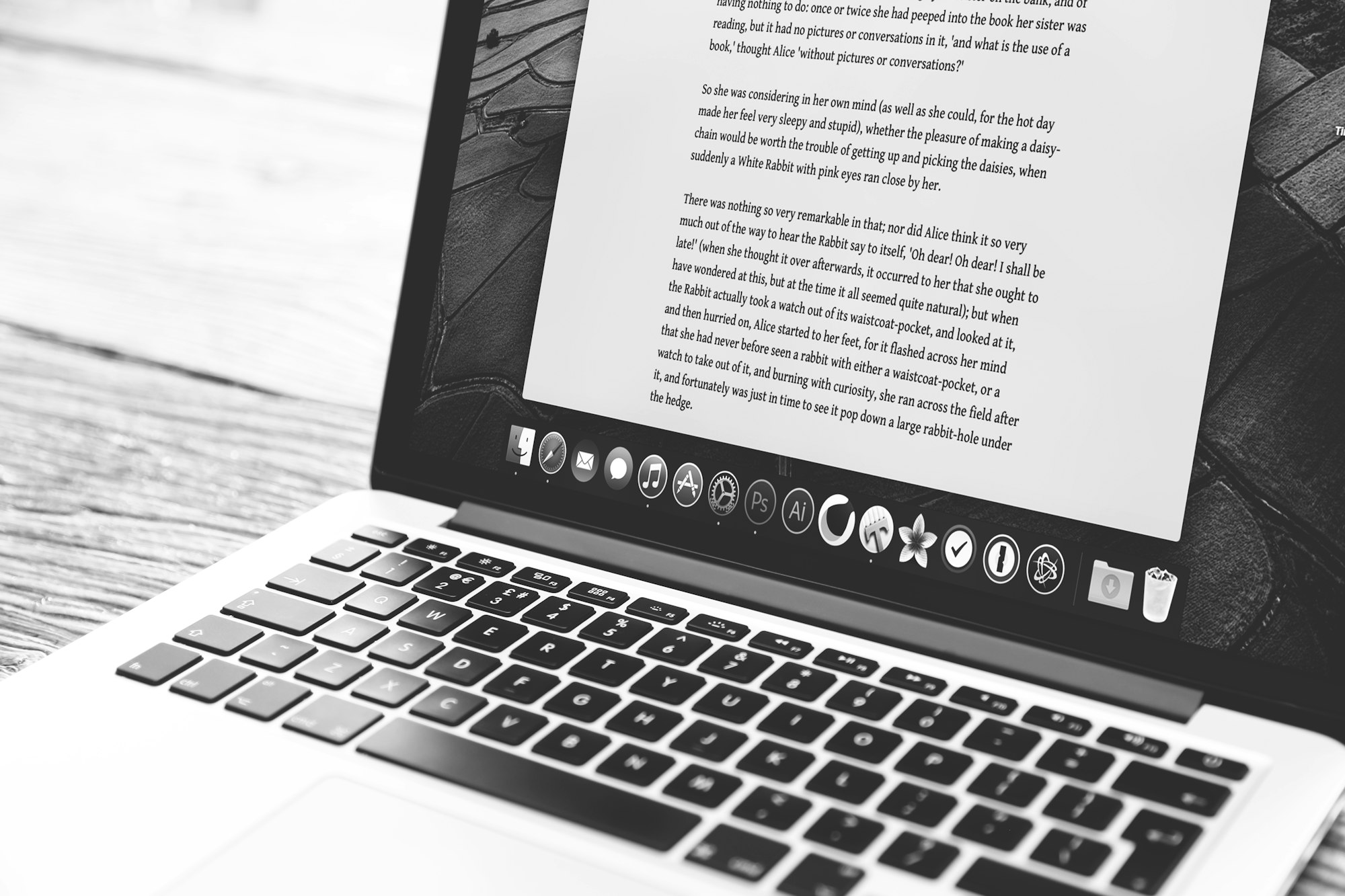Preparing for IB mocks is daunting. Trying to study 6 subjects all at once while making sure CAS, EE and TOK are completed is not an easy task. But there are a few things you can do to maximize your grades. This article is the answer for your success.
- How to Create a Study Plan?
- Where to find Resources for Mocks?
- What Study Techniques Work?
- Subject-Specific Study Techniques
- FAQs
How to Create a Study Plan?
If you want to effectively prepare for your mocks, you must plan out the weeks before your mocks. The plan should:
- Target all 6 subjects, prioritizing weaker subjects.
- Include the topics and subtopics you plan to study, not just the subject name.
- Space out all subjects across all weeks, ensuring a minimum of one week to do the last 2 years’ worth of past papers (these will be the majority of the questions on your mocks).
- Revisit past topics in later weeks to ensure you know all of the content.
- Prioritize studying for your weaker subjects (equality vs. equity)!
Where you decide to make this plan doesn’t matter, although I recommend Google Calendar as it is free and easy to use.
Where to find Resources for Mocks?
One of the great things about the IB is the plethora of resources available to you. Using online resources that aren’t provided by your school can help deepen your understanding of topics and also help fill in gaps in your knowledge. I have recommended my favourite resources for the popular subjects.
Math
- RevisionVillage
- Textbook for questions
Chemistry
- MSJ Chem and Richard Thornley for videos
- IB Alchemy for summarized notes
Biology
- BioNinja for the best notes
- Alex Lee and Cheryl Hickman for videos
Physics
- Chris Doner on YouTube
Business and Management
- Businessmadeeasy.xyz has in-depth student notes
- Paul Hoang’s Textbook
Economics
- Paul Hoang’s Textbook
English
- IB English Guys (this is the best free resource – make sure to use this!)
My favourites from this list were BioNinja, MSJ Chem, and IB English Guys. They all helped me achieve high scores in the IB; however, we all have different ways of learning, so I have included video and text resources to suit your preferences.
But the best resource to learn information quickly is… past papers! Doing past papers will prepare you the best for the exam, but to effectively use these, you must revise all content and then practice – otherwise, the resource is wasted.

What Study Techniques Work?
Effective study techniques are crucial for mastering a large volume of content efficiently. Here are three proven methods that can help you excel in your IB mock exams:
1. Active Recall
- Actively stimulate your memory by recalling information from memory instead of passively reading.
- Use flashcards, practice questions, or self-quizzing to strengthen neural connections and improve long-term retention.
- Benefit: Enhances memory retention and recall, making it easier to retrieve information during exams.
2. Spaced Repetition
- Review information at increasing intervals over time to leverage the spacing effect.
- Use tools like Anki or Quizlet to schedule reviews at optimal intervals, ensuring better retention of material.
- Benefit: Helps consolidate information over time, leading to more durable long-term memory.
3. Pomodoro Technique
- Break study time into intervals: 25 minutes of focused study followed by a 5-minute break.
- After four intervals, take a longer break of 15-30 minutes to manage time effectively, reduce burnout, and maintain concentration.
- Benefit: Improves focus and productivity while preventing burnout, allowing for more efficient study sessions.

Subject-Specific Study Techniques
1. Sciences
- Do a Paper 1 (MC), and study the subtopics for the questions you get wrong.
- This is by far the best way to increase your knowledge for your science subjects and was the main technique I used to achieve 7’s in Biology and Chemistry HL.
2. Humanities
- Study with friends… especially for the case studies and real-life examples.
- By studying with friends, it will make the whole process much more enjoyable, and you will learn more due to more perspectives on the same topic.
- This is key for the Business and Psychology cases.
3. English
- Use the IB English Guys book, and memorize phrases and keywords.
- Practice mini analysis (one paragraph) and peer mark with friends or ask teachers for feedback.

4. Mathematics
- The only way to really get good at math is to do it. There is no easy technique for this, but by doing the hard questions in the textbook, you’ll set yourself up for success in the Section B questions.
Conclusion
And that’s how you can prepare for IB Mocks!
Hopefully, this article helps with your IB Mock preparation. Remember, even with all these techniques and tips, your success will always come down to how much work you want to put in! So, for the last few months of school, try your hardest, and you will see the results pay off.

FAQs
What is the Difference between IB and ATAR?
- These are two different credentials that allow you to apply for university.
- Find out more here.
How important are the Mock Exams?
- Mock exams are meant to stimulate the experience of taking your final IB exams.
- More importantly, mock exam results are commonly used as a basis for predicted grades. These grades are important for university applications, as many institutions consider these predictions during admissions.
Do Mock Exam results affect my final IB/ATAR grades?
- Mock exam results do not count toward your final IB Diploma score or ATAR.
- However, they play a crucial role in determining your predicted grades, which MAY influence university offers.
Written by Sameer Baad who studied a Bachelor of Advanced Finance and Economics at the University of Queensland.
Want more personalized study guidance to help drastically improve your marks? A private tutor from KIS Academics can make the biggest difference!








